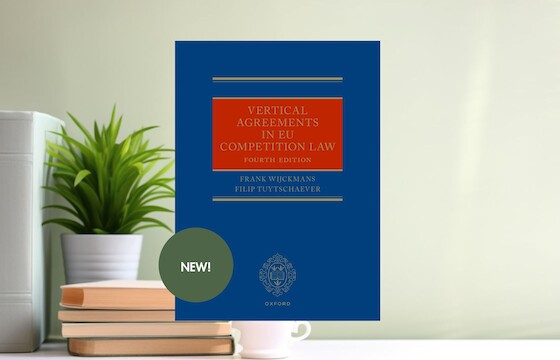Sustainability-related agreements
The 25 October 2021 workshop organized by DG Competition attached quite some importance to the issue of sustainability and agreements entered into to serve sustainability objectives.
While there seemed to be general sympathy amongst the various participating delegates that sustainability-related agreements deserve special treatment (as Prof R. Inderst concluded at the end of his break-out session), the competition law aspects of such treatment are very complex. The risk is indeed that competition law needs to be bended in order to arrive at the desired ethical result.
Major issues
Particularly during the break-out session chaired by Prof R. Whish, three major issues were addressed. The first is the difficulty to define sustainability-related agreements that merit “better” treatment under the competition rules. The second is the wish to take such agreements out of the object box. The difficulty with that is that sustainability-related agreements in most cases constitute some form of collective boycott. Collective boycotts are typically placed in the object box. It was observed that the intention of sustainability-related agreements is different from a classic collective boycott. This observation does not necessarily solve the problem given the special relationship between “intention” and the object box qualification. The third is that legal certainty is not guaranteed by placing sustainability-related agreements in the effects box. This still requires a self-assessment that, in the experience of legal practitioners, may not bring the level of certainty that businesses are seeking before engaging in sustainability objectives together with their competitors.
A delegate underscored the need for legal certainty by referring to the fact that, to his knowledge, many laudable sustainability initiatives had not gone through on account of competition law concerns. In that context it was suggested that, if DG competition felt that such initiatives could benefit from an effects-based treatment, the adoption of a block exemption might be one (if not, the only) way to secure the legal certainty that is needed in order to promote sustainability-related initiatives. The question here is obviously whether DG Competition can already claim the right level of experience to justify the adoption of such a block exemption.
Concluding remarks
In her concluding remarks, Mrs S. Moonen (Head of Unit, DG Competition) mentioned that it should be avoided that competition policy becomes an obstacle to sustainability-related actions and objectives. She announced that the future Horizontal Guidelines (of which a draft is expected in February 2022) are likely to devote a separate chapter to this topic.





Sign in to post comments